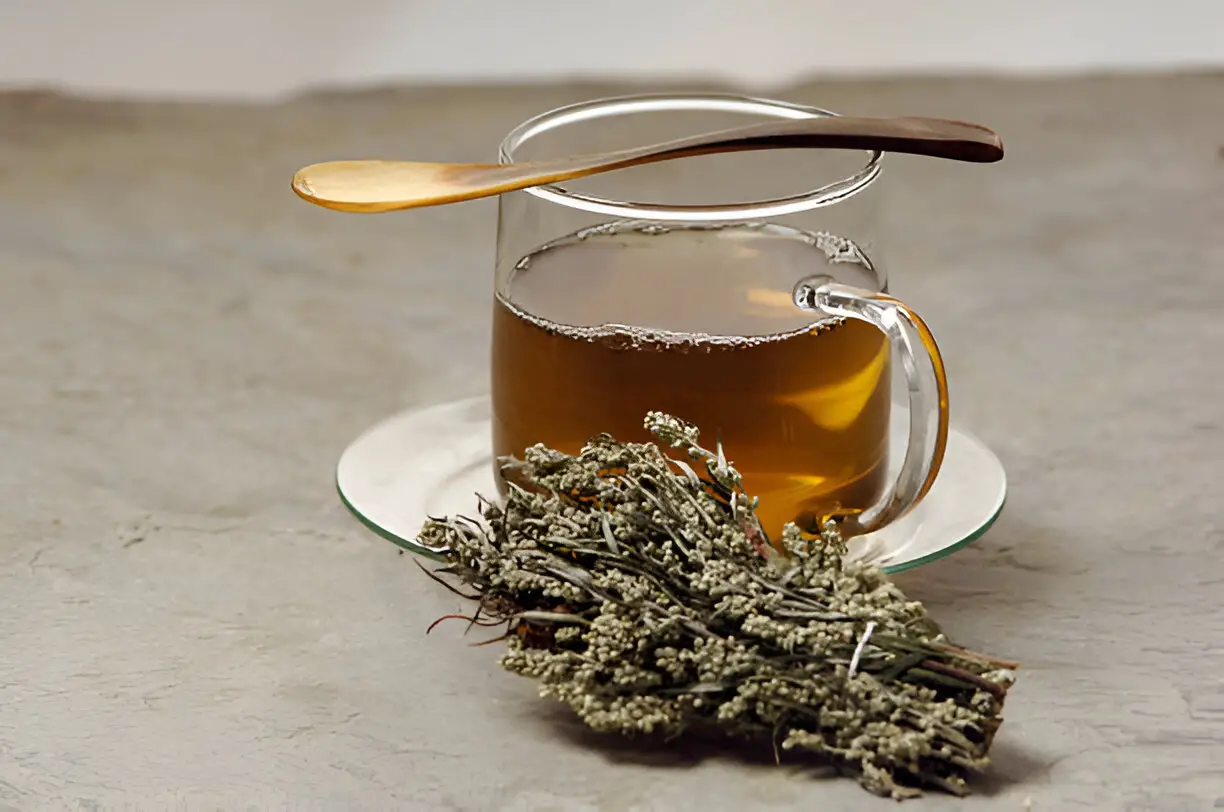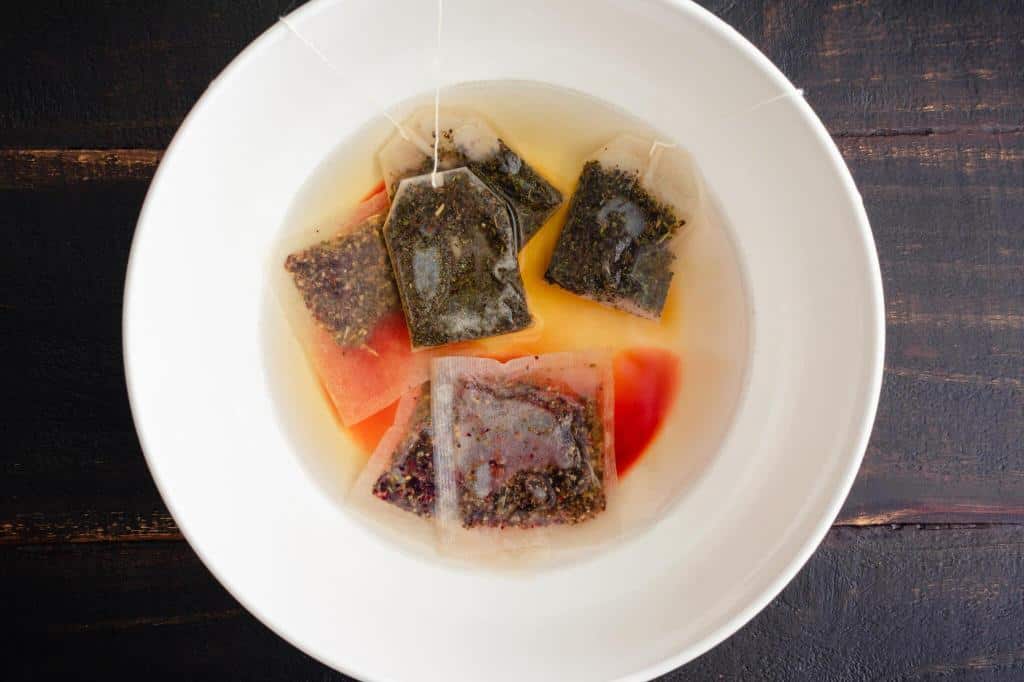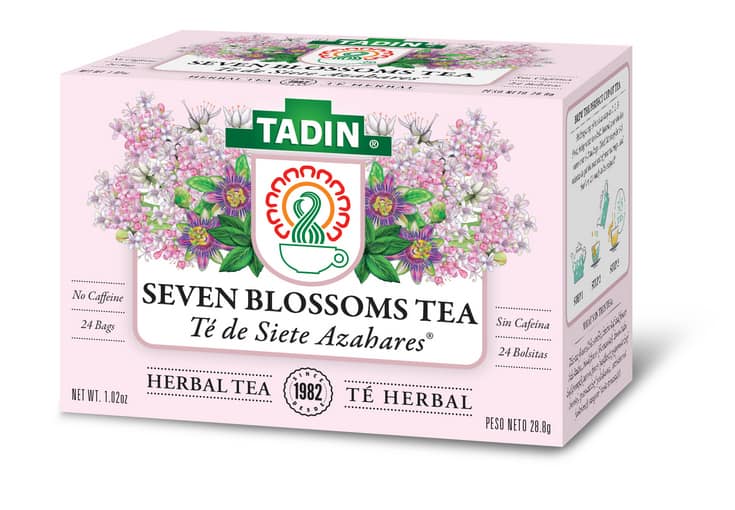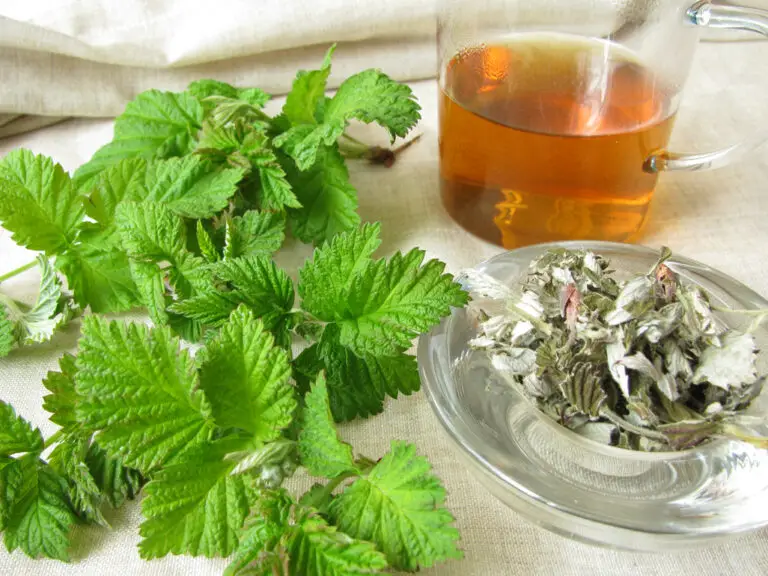Why Does Tea Make Me Sleepy? Exploring the Science of Sipping into Slumber

If you’re anything like me, you’ve probably found yourself winding down with a warm cup of tea in hand, savoring the calming aroma as it gently steams up into the air. Sipping tea, especially as the evening unfolds and the world slows down, evokes an undeniably cozy feeling.
Yet, if you’re a regular tea drinker, you’ve likely experienced that familiar sense of drowsiness creeping in shortly after your last sip. For me, it’s always a bit of a mystery—just how does this humble beverage have the power to lull us into sleep? Is it the soothing warmth that makes us feel so comfortable and relaxed? Or is there something deeper at play within the cup itself?
But here’s the real question: Why does tea have this sleepy effect on so many of us? Is it the type of tea we drink, or is it a combination of ingredients, habits, and the ritual itself? If you’ve ever found yourself wondering if there’s more to tea’s sleep-inducing power than meets the eye, you’re not alone. Tea’s calming effects go far beyond just being a nice end-of-day tradition, and uncovering the science behind it might surprise you.
In this article, we’ll break down the reasons why tea might just be your secret sleep aid and explore how the right cup can help you wind down naturally. Whether you’re a seasoned tea drinker or just looking for a soothing ritual to improve your sleep routine, you’ll walk away with new insights and perhaps even a few new tea recommendations to try. So, sit back, relax, and let’s discover why your nightly tea might be more effective than you thought in getting you to sleep.
The Sleep-Inducing Power of Tea

Tea has been a go-to for centuries, not just for quenching thirst, but also for calming nerves and easing the mind before bed. But why does it have this soothing effect on us? The answer lies in a handful of compounds found in tea that work their magic on the body. These aren’t just your regular cup-of-joe ingredients. They have a deeper, more restful purpose.
The Culprits: Tea Components That Make You Sleepy
Several key components in tea contribute to its relaxing properties, making it a great bedtime companion:
- Theanine: This amino acid found in tea leaves plays a big part in promoting relaxation and reducing stress. It’s like nature’s sedative, helping to calm the nervous system, so you feel more relaxed and ready for sleep.
- Polyphenols: These powerful antioxidants, found in abundance in tea, are also linked to calming effects. They help lower blood pressure and contribute to overall relaxation, putting you in a more tranquil state.
- Gamma-Aminobutyric Acid (GABA): Found in some teas like black tea, GABA is known for its calming properties and its ability to improve sleep quality.
- Aromatic Compounds: Herbs like chamomile, lavender, and passionflower contain natural oils like linalool and jasmine lactone, which are scientifically proven to reduce anxiety and promote sleep.
- Caffeine: Yes, the bitter little molecule found in tea can actually help you sleep—when consumed in moderation. In small doses, caffeine can increase alertness during the day, but it also helps regulate the body’s energy levels, preventing that jittery feeling at night.
Not Just About the Tea—It’s About the Ritual
Sure, tea has some serious sleep-inducing properties, but let’s not forget the power of the ritual itself. Imagine coming home after a long day, heating the kettle, and letting the steam rise as you prepare your tea. That warm, comforting aroma and the act of slowing down can signal to your body that it’s time to wind down. It’s as if the tea isn’t just a drink; it’s a gentle nudge to let go of the day’s stresses.
So, next time you curl up with your favorite bedtime brew, take a moment to appreciate the entire experience—the warmth, the aroma, and the calm that comes with each sip. Sometimes, the act of slowing down is the sleep remedy we need more than the tea itself.
What Are the Best Teas for a Good Night’s Sleep?
Now that we know why tea can make us sleepy, let’s talk about the best teas to grab before bedtime. While not all teas are equally effective in promoting a restful night, these five teas have consistently demonstrated their ability to aid in sleep:
1. Chamomile Tea
Chamomile is the golden child of sleep teas. This mild, flower-scented tea is known for its natural sedative effects. It helps reduce anxiety and promotes relaxation, making it the perfect pre-sleep companion. A warm cup of chamomile is like a gentle lullaby for your mind.
2. Valerian Root Tea
Valerian root has been used for centuries as a sleep aid. Valerian root, slightly more potent than chamomile, functions by boosting GABA levels in the brain, thereby calming the nervous system. If you’re struggling with sleepless nights, valerian root tea might just be your new best friend.
3. Lavender Tea
Lavender isn’t just for your pillowcases. The calming properties of lavender extend to its tea, which is known for reducing stress and easing the body into a restful state. A cup of lavender tea can help clear your mind, making it easier to drift off into dreamland.
4. Passionflower Tea
Passionflower is another herbal powerhouse when it comes to relaxation. This flower has sedative effects that promote relaxation and improve sleep quality. It’s like giving your body a soft pillow of calmness before you hit the hay.
5. Lemon Balm Tea
Lemon balm, with its lemony flavor and calming effects, is often overlooked, but it’s a great sleep aid. It helps relax the body and reduce stress, making it a solid choice for your bedtime routine.
These teas aren’t just a quick fix; they’re part of a natural and holistic approach to improving sleep. If you’re struggling with rest, why not give them a try and let their gentle effects guide you to a peaceful night?
When Tea Isn’t Your Best Bet: The Drawbacks
Of course, not all tea is created equal, and drinking it for sleep isn’t always a perfect solution. Let’s take a quick look at a few potential drawbacks:
1. The Caffeine Catch
We’ve all heard that caffeine can keep you up at night, and while most teas have much less caffeine than coffee, it still matters. Some teas, like green and black tea, contain enough caffeine to interfere with your ability to fall asleep if you drink them too late in the day. Even decaf tea can contain trace amounts of caffeine, so always check the label if you’re sensitive to it.
| Check out: Can Reusing Tea Bags Really Reduce Caffeine Levels? |
2. Diuretic Effects
Tea has a mild diuretic effect, which means it can make you need to run to the bathroom more often. If you drink tea too close to bedtime, it could disrupt your sleep with those annoying middle-of-the-night trips to the bathroom. It’s best to consume tea at least 1–2 hours before bed to avoid this.
3. Allergies and Sensitivities
While herbal teas are generally safe, some people may experience allergic reactions or sensitivities, especially to herbs like chamomile or lavender. Always be mindful of any reactions, and if you have known allergies, make sure to read the labels carefully before sipping.
| Check out: How to Make Red Raspberry Leaf Tea Taste Better |
Tea and Sleep: Finding Your Balance
While tea can undoubtedly help you relax and get a good night’s sleep, it’s important to understand your body’s unique needs. Tea can be a helpful tool, but it’s not a one-size-fits-all solution. Everyone reacts differently to tea, so you might need to experiment with different types or brewing teat methods to find what works best for you.
For instance, you might find that a soothing cup of chamomile does wonders for your sleep, or maybe you’re more of a passionflower tea fan. Experiment with the timing of your tea as well—drinking it too late might backfire, while a cup an hour or two before bed could set the stage for a restful slumber.
Conclusion: Tea as Your Ticket to a Restful Night
In conclusion, if you’re finding that tea makes you sleepy, you’re not alone—and there’s science behind it. The combination of calming compounds like theanine, GABA, and polyphenols work together to relax the body and mind, making it easier to drift into dreamland. And with the right tea, you can enhance your sleep quality while indulging in a soothing ritual.
So, the next time you’re in the mood for some bedtime tea, don’t just sip in silence. Embrace the full experience—the warm mug in your hands, the calming effects of the herbs, and the sweet promise of a peaceful night’s sleep.
Have you tried any of these teas for better sleep? What’s your go-to bedtime brew? Let me know in the comments!





